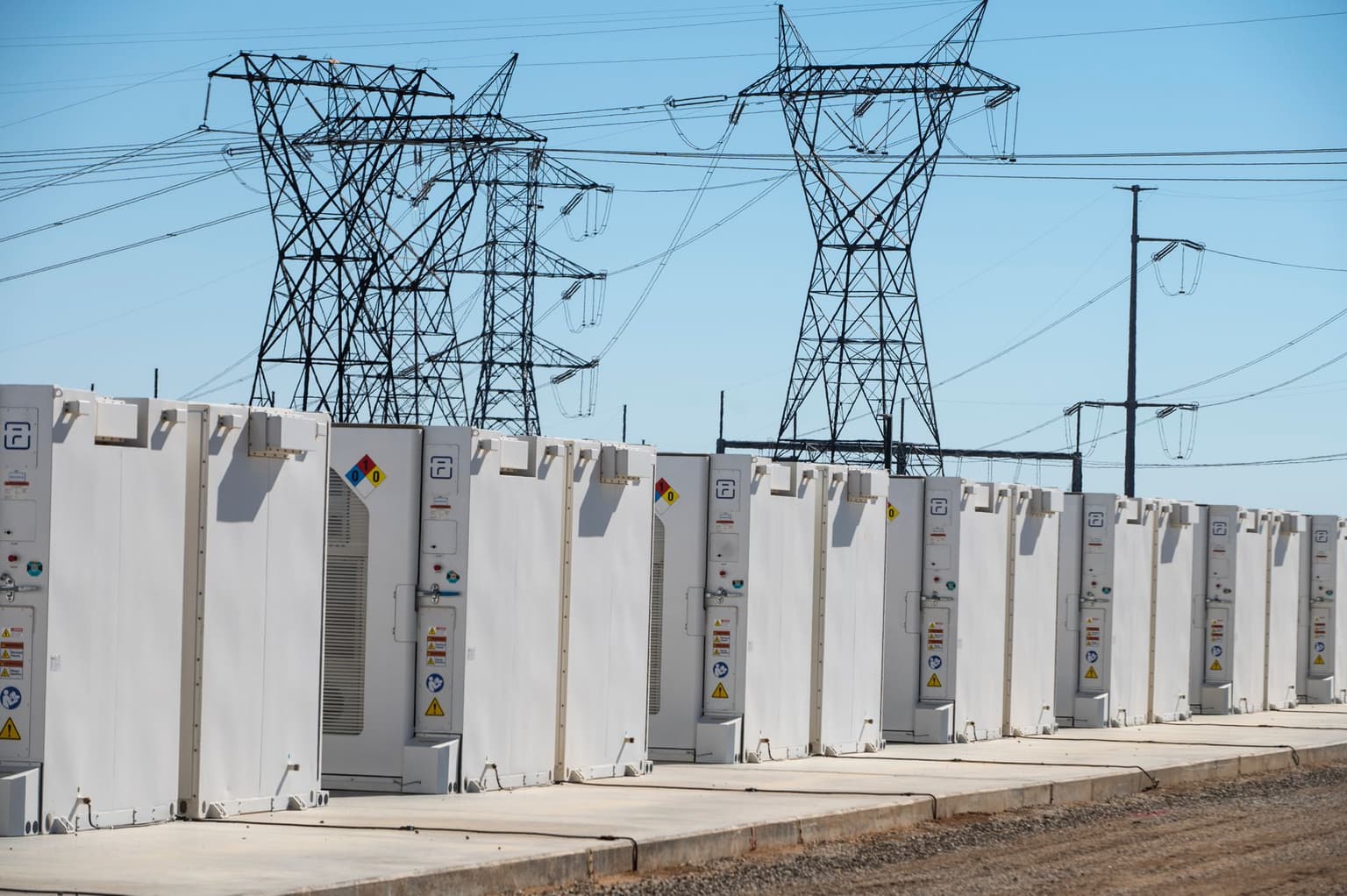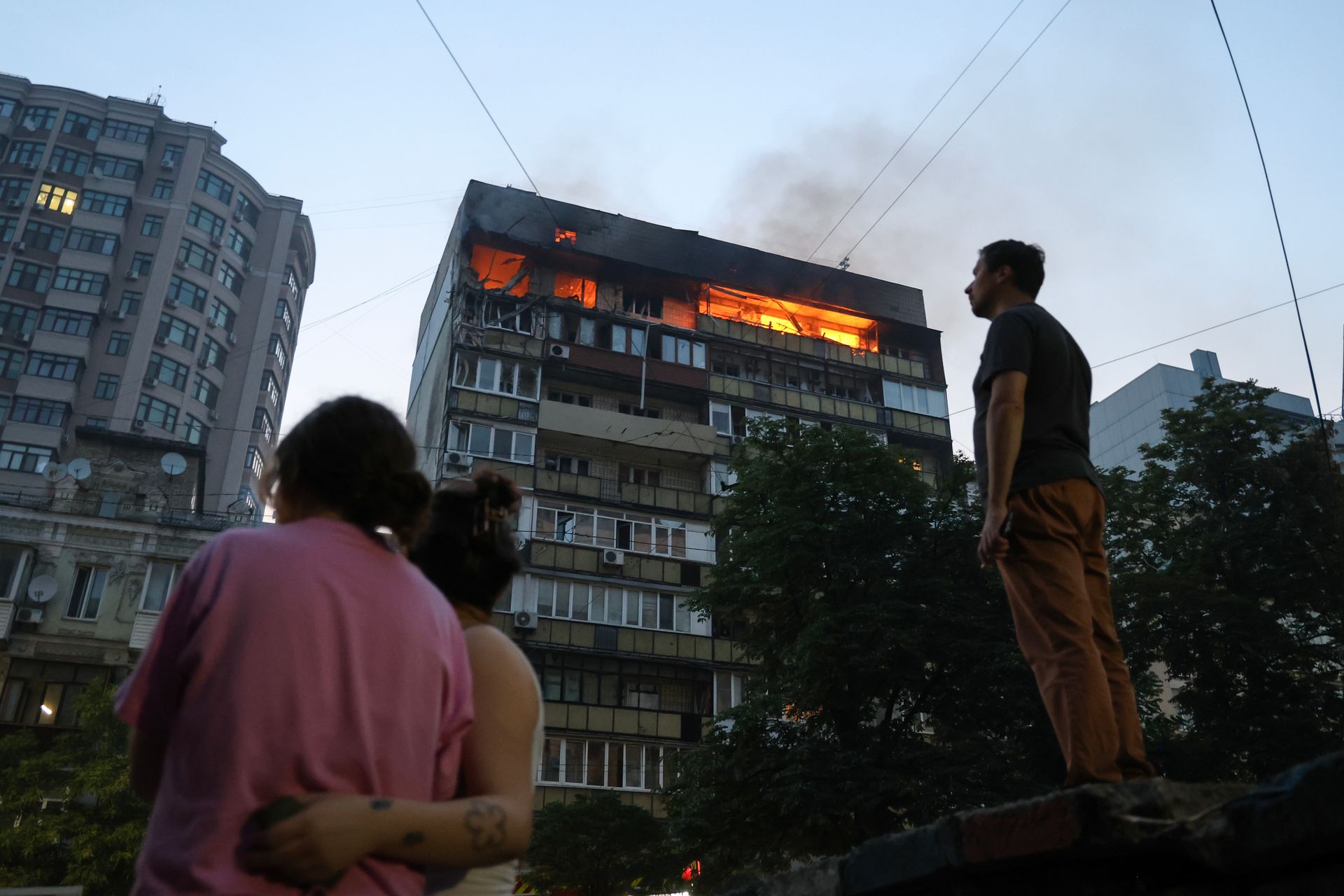Ukraine's largest battery energy storage project enters final testing phase, set to power 600,000 homes

DTEK, Ukraine's biggest private energy company, has begun final commissioning of the country's largest battery energy storage project, the company announced on July 10 at the Ukraine Recovery Conference (URC) in Rome.
Since the beginning of the full-scale invasion, Russia has deliberately targeted Ukrainian energy infrastructure, causing electricity shortages in the system and leading to blackouts. Once operational, the batteries will help stabilize Ukraine's electricity grid and keep the power supply steady, avoiding emergency power outages.
The project was developed in partnership with American energy company Fluence Energy Inc. The 200-megawatt system spans six locations across Ukraine and represents one of Eastern Europe's most significant energy storage deployments.
Each site has a capacity between 20 and 50 megawatts, with almost seven hundred Fluence Gridstack battery units installed collectively. According to DTEK, the project can store 400 megawatt-hours of electricity — enough to power 600,000 Ukrainian homes for two hours.
DTEK announced that commercial operations are scheduled to begin in October 2025, just before Ukraine's critical winter heating season.
"We are laying the foundation of a new energy system in Ukraine because bringing an energy storage system of this scale into the Ukrainian power grid means that we are building an absolutely new, much more resilient energy system in the country," Maxim Timchenko, DTEK CEO told the Kyiv Independent in Rome.
The project marks the first major energy infrastructure delivery since Ukraine and the United States signed an economic partnership agreement in April 30, according to DTEK.
Julian Nebreda, CEO at Fluence, said that they decided to pursue this project because "we're convinced that Ukraine is going to win the war."
"In the United States, the average time to put up a new generation asset, be it a combined gas turbine or a wind farm or a solar PV plant at industrial scale, is approximately six years. We've seen that done in six months in Ukraine. And that's in the middle of a war," said Nebreda.
Due to wartime restrictions, Fluence conducted its first fully remote project launch. Twenty Ukrainian engineers were trained at the company's facilities in Germany and Finland to operate the systems independently.
Fluence will continue providing remote technical support and monitoring to ensure the project runs safely.
"The project of this scale we are realizing in Ukraine under the new administration of the United States is proof that real partnership shouldn't wait for the end of war or any other conditions," Timchenko said.














